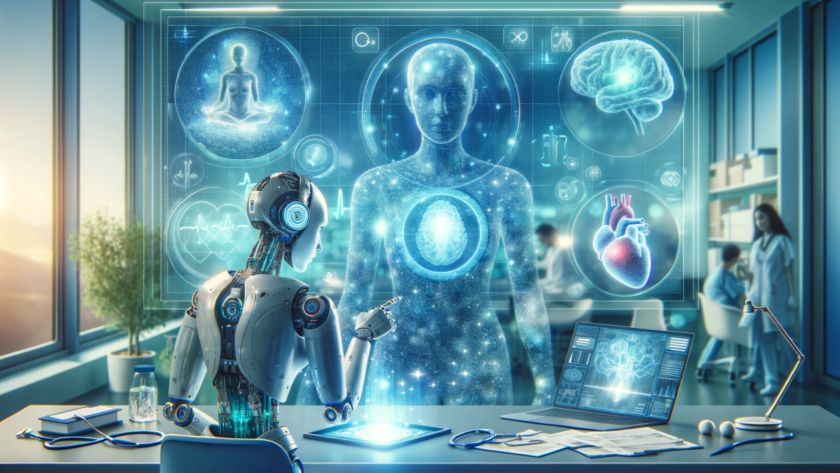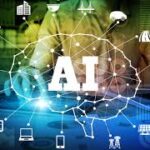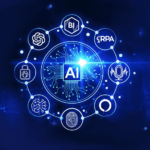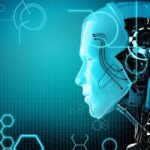Artificial Intelligence (AI) has become a game-changer in healthcare, reshaping how we approach patient care, diagnosis, and medical research. From predictive analytics to personalized medicine, AI is transforming the healthcare landscape by enhancing efficiency, accuracy, and accessibility. In this article, we explore how AI is revolutionizing the healthcare industry.
1. AI for Early Diagnosis and Predictive Analytics
AI-powered systems are capable of analyzing vast amounts of medical data to identify early signs of diseases. Machine learning models trained on medical images, patient records, and genetic data can predict conditions such as cancer, heart disease, and diabetes before they become critical. Early diagnosis leads to timely interventions and better outcomes for patients.
2. Personalized Treatment Plans
One of the most exciting advancements in AI is personalized medicine. By analyzing genetic information and patient histories, AI can assist doctors in tailoring treatment plans that are specific to each individual’s needs. This ensures that treatments are more effective and minimizes the risks of adverse reactions to medications.
3. AI in Drug Discovery and Development
AI is significantly speeding up the drug discovery process. AI models can analyze chemical compounds and predict their efficacy in treating various diseases. This reduces the time and cost involved in bringing new drugs to market. Additionally, AI can identify potential side effects early, making drug development safer and more efficient.
4. Virtual Health Assistants and Chatbots
AI-powered virtual assistants are revolutionizing patient care by providing 24/7 support. Virtual health assistants can help patients schedule appointments, answer medical queries, and monitor chronic conditions. Chatbots powered by AI can provide initial consultations, offering advice based on a patient’s symptoms and medical history.
5. AI in Medical Imaging
AI has dramatically improved the field of medical imaging. AI models can assist radiologists by detecting abnormalities in X-rays, MRIs, and CT scans with a high degree of accuracy. This technology can identify patterns in medical images that might be missed by the human eye, aiding in the early detection of diseases.
Conclusion:
AI’s potential in healthcare is immense. From early diagnosis to personalized treatments and drug discovery, AI is improving patient care and advancing medical research at an unprecedented rate. As technology evolves, AI’s role in healthcare will continue to expand, offering new solutions to some of the most pressing challenges in the industry.




